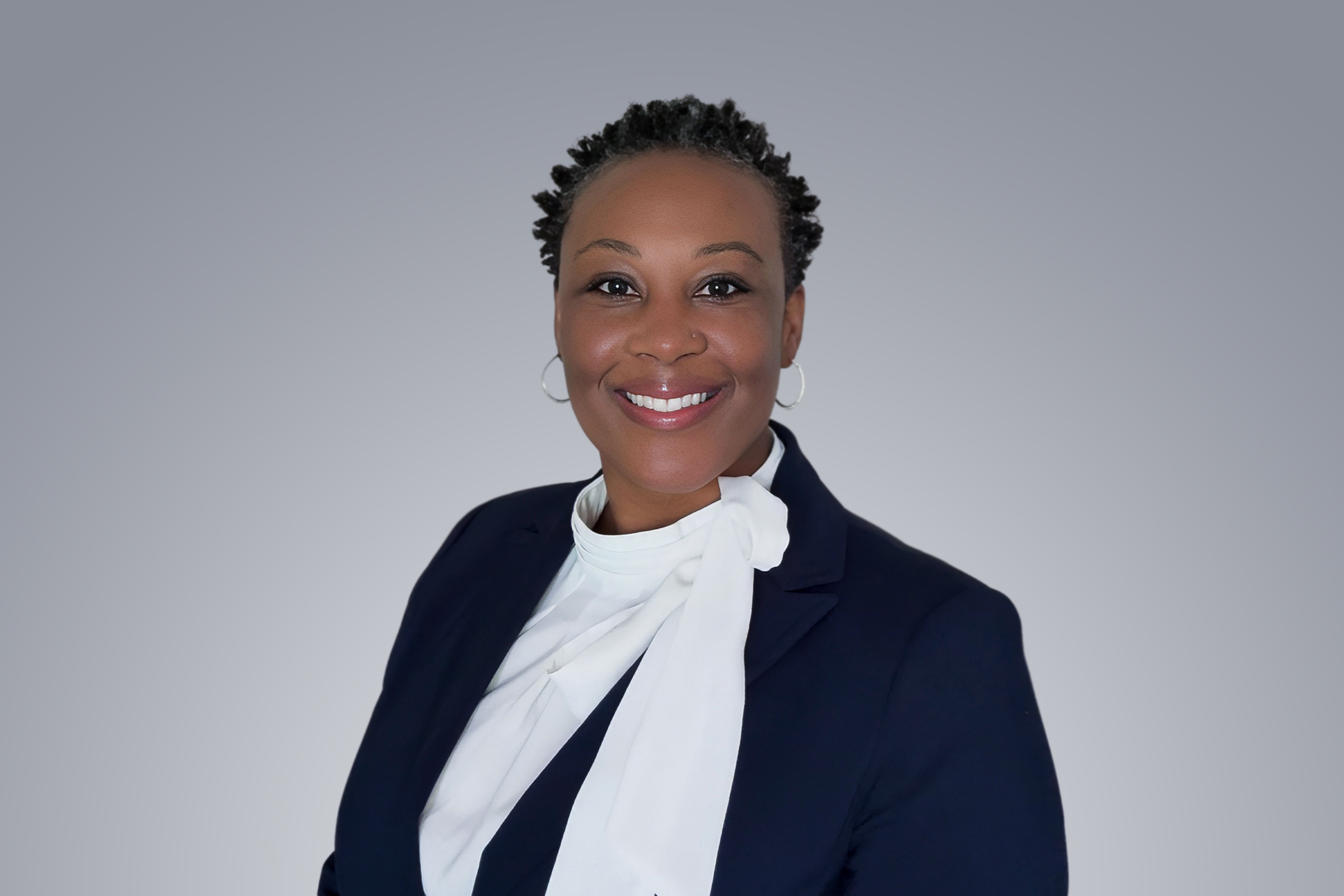Saving for Retirement when You Work in A High-Risk Job
When anything could happen at work, here’s how to prepare
Article published: October 23, 2025

Protect Yourself and The Ones You Love
Your job comes with risks – your retirement plan shouldn’t. Let’s build a flexible strategy designed to protect your future, no matter what.
If your job involves climbing rooftops, hauling heavy loads or navigating stormy seas, you already know the physical demands and risks are real. But have you thought about how those risks could affect your retirement plan?
For workers in hazardous professions, planning for the future isn’t just about saving; it’s about building flexibility and protection into your financial strategy.
RETIREMENT RISK FOR HIGH-RISK WORKERS
Certain jobs consistently rank among the most dangerous in the U.S., with fatal injury rates far above the national average.
High-risk roles include:
- Loggers
- Fishers/Hunters
- Roofers
- Sanitation workers
- Pilots
- Construction workers
- Truckers
- Groundskeepers
- Farm workers
- Iron and steelworkers
Why does this matter for retirement? There are a few big reasons.
Physically demanding jobs often lead to earlier exits – sometimes by choice, often not. And even if you’re still physically capable of doing the job, these jobs can be mentally taxing too. Burnout can derail your ability to work and save. In general, surveys consistently find that a large share of retirees leave the workforce earlier than planned, frequently due to health or job-related reasons.
In some cases, early retirement in a high-risk career isn’t optional. For example, some pilots and members of law enforcement (another potentially risky job) are required to retire by a specific age.
Additionally, the increased likelihood of fatal injury means that if your retirement plans include someone else, you need to seriously consider what will happen to them if your income is lost.
BALANCING LONG-TERM GOALS WITH JOB UNCERTAINTY
As you can see, standard retirement-age planning doesn’t always fit high-risk careers. But what can you do?
Remember that retirement accounts generally can’t be accessed before age 59.5 without penalties. So, when retirement planning for hazardous jobs, you’ll need to create a resilient plan that builds in liquidity and multiple sources of accessible savings so you’ll have them if needed. Here are some to consider.
- Keep part of your savings liquid in an emergency fund to handle immediate cash needs without tapping retirement accounts.
- Use Roth accounts strategically. Contributions (not earnings) can generally be withdrawn tax- and penalty-free, offering a flexible bridge if you must stop working earlier.
- Keep some savings in a regular, taxable brokerage account. You can use this money whenever and however you want, and because the accounts are taxed as they grow (and capital gains get special, lower tax rates), taxes on withdrawals are likely to be lower than with retirement accounts.
- Consider an HSA if you’re eligible. Contributions are tax-deductible, growth is tax-free and qualified withdrawals are tax-free. For the most flexibility, invest your HSA money and don’t use it right now. Instead, save your ongoing health care receipts. If you’re forced to retire years or even decades in the future, you can submit them to reimburse yourself for those costs, giving yourself tax-free income when you really need it.
UNDERSTAND YOUR PENSION IF YOU HAVE ONE
Several types of high-risk jobs are in industries where union membership is common. And if you’re a union member, you’re more likely to have an important additional source of income: a pension.
Make sure you understand whether you have a pension and how benefits are calculated, especially if you were to retire early.
And on the topic of unions – they can also be a potential resource if you’re a member. They may give you access to guaranteed disability insurance or disability grants, for example.
DON’T OVERLOOK DISABILITY INSURANCE
Speaking of disability insurance and retirement: for high-risk workers, the odds of a health event interrupting your income are higher than average, and they can happen at any age, potentially ending your career. Your employer may provide you with disability insurance. Check your coverage and consider buying a supplemental policy if needed.
There are two kinds of disability insurance:
- Short-term disability is for injuries that are temporary and it covers periods where you can’t work or must work reduced hours.
- Long-term disability is for a longtime or career-ending injury expected to last for an extended period or for the rest of your life.
There are sometimes waiting periods before your disability insurance kicks in, and it generally doesn't cover 100% of your income. That’s why it’s so important to think about the possibility of a job-related injury and its effect on retirement savings – by having an emergency fund and other savings to fill in the gaps.
WHAT HAPPENS IF YOU HAVE TO EXIT EARLY?
Early retirement – planned or not – can shrink your nest egg because you lose high-earning years, miss employer matches and may need to claim benefits sooner. Prepare for that possibility now:
- Save aggressively in peak earning years. Max out workplace plans and IRAs if you can; if you can still save more, use a taxable brokerage account. If you have access to an HSA, they have big tax advantages and can boost your savings too.
- Use catch-up contributions if you’re 50+ to save even more. When you’re aged 60-63, you can even take advantage of “super catch-up” contributions.
- Model multiple timelines. For example, retiring at 50, 60 and 65, so you understand what your situation might be and can prepare for different possibilities.
- Plan for health insurance. You generally can’t get Medicare until you’re age 65, so plan for the potential need to buy marketplace coverage if you retire sooner. If you have a spouse who works and has access to health insurance, that may be another option. And going back to HSAs, while you generally can’t use them for premiums (until age 65), they can cover deductibles and copays if needed.
DON’T FORGET ABOUT YOUR SPOUSE OR PARTNER
While it’s uncomfortable to think about, the higher risk you face isn’t just that you might not be able to work. In the worst case, you may leave your spouse behind to retire without you.
If that’s a consideration for you, take these steps:
- Make sure you have adequate life insurance. This is especially critical if you’re the main breadwinner, but it’s still important even if you’re not. Your spouse or partner may need to increase their own retirement savings to stay on track, at a time they’re juggling additional expenses because you’re not there to contribute financially or physically (like the mortgage, college costs for the kids or home maintenance, for example).
- Have a documented estate plan. Without one, your spouse or partner could be left to go through an especially difficult, drawn-out process at the worst possible time.
HOW A FINANCIAL ADVISOR CAN HELP HIGH-RISK WORKERS PLAN SMARTER
Retirement planning is complex enough for those following a “typical” timeline of 40 years of work and 401(k) savings followed by 30 years of retirement.
It’s even more complicated when you have to account for the very real possibility that your career may end at any time without warning. It’s critical to have the right insurance and emergency funds, to understand the benefits and resources you might be entitled to and to map out various scenarios with a plan for all of them.
A financial advisor who has experience with retirement strategies for dangerous professions can:
- Guide you through personalized simulations for an early retirement, reduced hours or career change, helping you prepare for all of them in advance.
- Review your life and disability insurance coverage and pull in experts to help you understand whether you need more.
- Connect you with estate planning experts to help make sure your loved ones are protected.
- Design a risk-adjusted portfolio that balances growth with downside protection, so your money works hard without taking on unnecessary risk.
Your job is risky enough – don't take additional risks with your retirement. An advisor from Edelman Financial Engines is ready to help make sure you’re ready for whatever life brings.
This material was prepared for educational purposes only. Although the information has been gathered from sources believed to be reliable, we do not guarantee its accuracy or completeness.
Neither Financial Engines Advisors L.L.C. nor any of its advisors sell insurance products. Edelman Financial Engines affiliates may receive insurance-related compensation for the referral of insurance opportunities to third parties if individuals elect to purchase insurance through those third parties. You are encouraged to review this information with your insurance agent or broker to determine the best options for your particular circumstances.
Investing strategies, such as asset allocation, diversification or rebalancing, do not ensure or guarantee better performance and cannot eliminate the risk of investment losses. All investments have inherent risks, including loss of principal. There are no guarantees that a portfolio employing these or any other strategy will outperform a portfolio that does not engage in such strategies.
Past performance does not guarantee future results.
AM4878399





